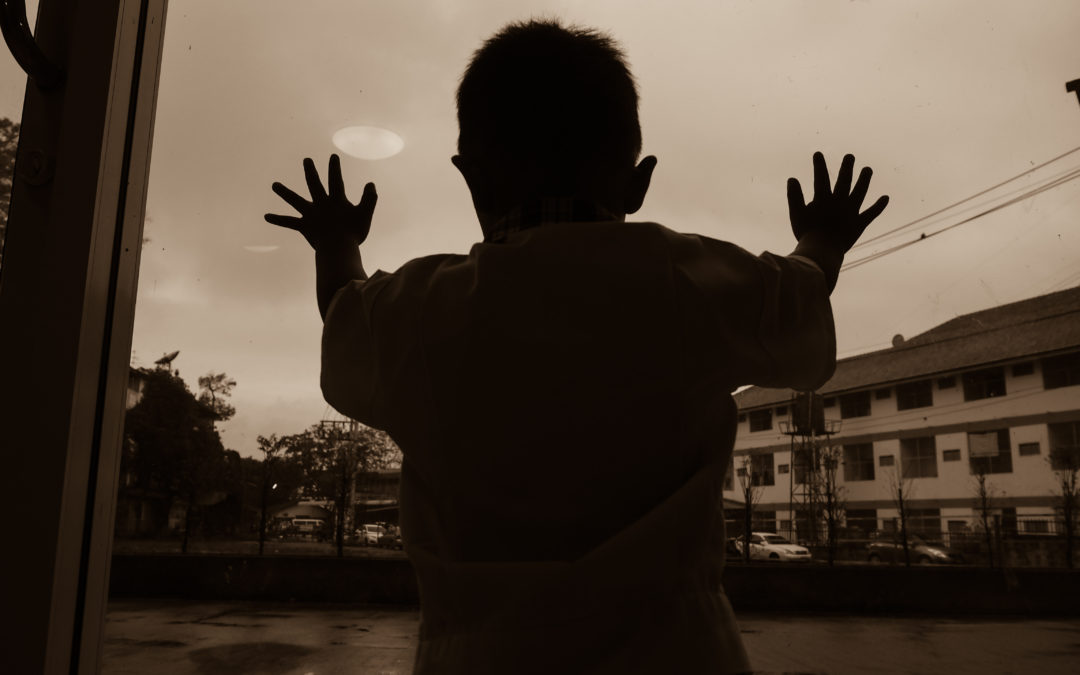What do you think of when you first hear “Foster Care”?
Chances are if you haven’t been involved with the system, the first thing that comes to mind is Miss Hannigan, the cruel orphanage manager from Annie. Today, we’ve set out to dispell a few of the stereotypes that come with the words “Foster Care System”.
1) Children in foster care are there because of their own actions.
This statement couldn’t be further from the truth. The thousands of foster children who are placed in the care of new parents are separated from their families due to neglect or mal-treatment, NOT because of juvenile delinquency. In today’s world, most foster kids end up in foster care due to their parent’s addiction problems. There is no epidemic of children running away from home and promptly being sent to foster care. It’s simply just not the case
2) Foster Care Parents are In it for the Money
Say this to a foster parent, we dare you. You’ll probably get a good laugh and a sarcastic remark. It’s a common misconception for people to think that foster parents take in kids for the state funding. Frankly, this is just another ignorant stereotype. ALL of the money parents receive goes straight towards food, clothes, and healthcare for the children. Not to mention that it is rare for a parent to not use some of their own savings to help care for the child.
3) All Foster Children are Destined to be Delinquents
When children are young, the trauma of being separated from their birth parents can be something that feels impossible to overcome. This has the potential to create a child who feels constantly on edge, and he/she may lash out at those near them in times where they feel scared or alone. The fact is, they truly just need an unconditional love to help their lives return to normalcy. Foster parents sign up for a lot when they agree to take a new child. It is important for them to not only provide physically for the child but emotionally as well. Many foster children struggle with behavior problems, but with proper and involved parenting, they are more than capable of overcoming their early life trauma.

